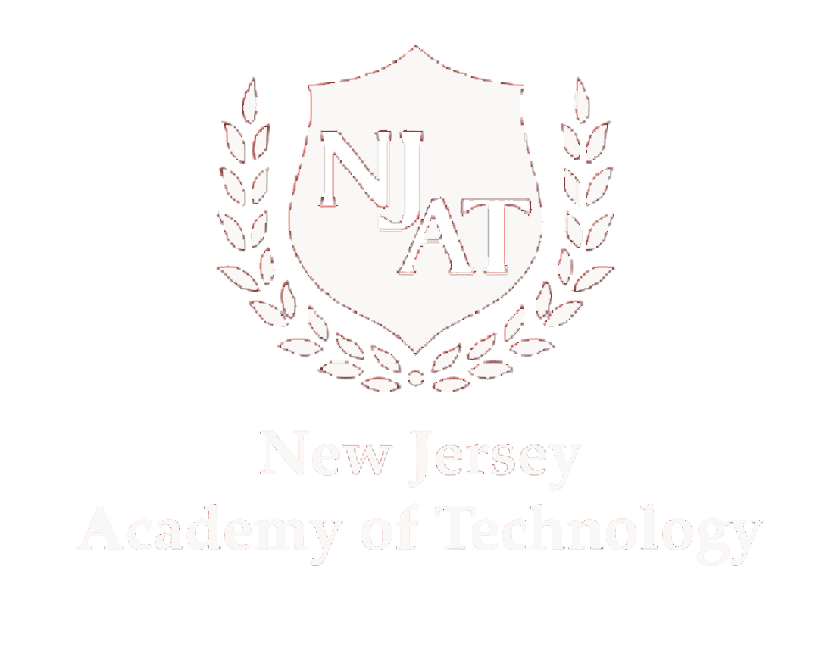English Department
English Department
Language mastery not only requires a command of grammar and mechanics, but also the understanding of research methods and clear presentation of complex information. We equip our students with research, thought, writing and analytical skills to prepare them for competitive universities; this rationale also impacts the verbal portion of the SAT. Even, more importantly, we teach students to analyze text and to respond clearly and elegantly in their own voices. We believe the process of writing to be essential to the understanding of all currents of thought; thus our implementation of writing across the curriculum. For example, this might involve explaining a mathematical theorem or biological pathway in words. To write well, one must think and research well. Our composition curriculum begins with short writing assignments that stoke curiosity and inquiry. Asking questions cultivates interesting writing. When it’s refined by vigorous revision, this writing evolves into formal essays. Drawing from a selection of relevant poems, prose, essays, and plays, students flourish as independent researchers. By delving into the correspondences between history, art, philosophy, and literature, students tap wellsprings of cultures, ideas, and perspectives. Although reading and writing are paramount to an English education, we also enrich students with discussion and oral presentations. Emphasizing both analysis and creativity, students blaze a path for discovery, not only with respect to literature, but also for their personal development.
9TH GRADE
English I
Our teaching philosophy places freshman in a rigorous continuum that ends with acceptance into a top university. Therefore, we begin developing the research, rhetorical, and composition skills demanded of the best schools. Examining canonical works such as Macbeth or Lord of the Flies, as well as more contemporary works like Interpreter of Maladies, our students learn to bridge themes spanning cultures and periods. “Literature”, as it’s traditionally known, is expanded in our classrooms. Media such as news articles become artifacts, clues that reflect the culture we wish to investigate. This process fuels analytical engines, producing creative thinkers and writers. We believe that sophisticated ideas are not lost to freshman. Guided through a challenging realm of discovery, our pupils probe the mysteries embedded in literature. Building upon techniques of rhetoric and composition, they present their own thoughts through discourse and essays. Fostering these skills in freshman, this course facilitates a smooth initiation into the realm of intellectual discourse.
English I Honors
English I Honors draws on all of the ideas and principles expounded upon in English I, but challenges students even more. Students address an array of literary topics—from the prevalence of certain themes to the cultural context in which the author originally composed his or her work—through both discussion and writing exercises. The use of external sources, like critical essays or primary documents, helps to strengthen student analyses. English I Honors is particularly interested in the relationship between literature and overarching historical trends. We pay close attention to the idea of impact: how literature and world civilizations affect and shape each other.
10TH GRADE
English II
English II looks at the correlation between literature and United States history from the American Revolution through the Civil War. In addition to reading works explicitly about America and by American authors, students are asked to discern what constitutes an “American” theme. What makes certain symbols “American?” Are they uniquely so? Can one find an “American” theme in a text written abroad? If it is possible to find an “American” theme in a piece of global literature, how does the dynamic created by this “juxtaposition” contribute to the readers’ perspective? This course helps students to further develop their analytical, writing, and speaking skills, and pushes them to question textual choices with an even keener eye.
English II Honors
Like English I, English II Honors examines the correlation between literature and United States history from the American Revolution through the Civil War. Students read texts explicitly about America and by American authors and focus more on the idea of “Amercanism” and its relation to culture and readership. We develop insights into what, if anything, makes certain symbols and concepts “American.” With a special focus on motifs and ideology, the English II Honors class works to understand early U.S. literature using more advanced analytical approaches in writing and discussion.
11TH GRADE
English III
English III picks up where English II leaves off by continuing to examine the evolution of “American” themes. Starting with the American Revolution, and working toward modern society, students further their reading, writing, and speaking skills, while conducting in-depth research. We investigate the ideas of modernism and evolution, in particular, and generate relevant and insightful thoughts and questions.
AP English III
Like English III, AP English III examines the evolution of “American” themes from the American Revolution through modern society. We consider overarching social, economical, and linguistic patterns as we analyze the literature or the period. We thoroughly research views from diverse writers, orators, and theologians. English III Honors emphasizes how contrast and contention contribute to “progress,” which, in turn, raises the question of what “progress” truly means.
12TH GRADE
English IV
The government can be seen as an empowering or disempowering force, depending on a person’s perspective. English IV looks to this concept and the way in which it is discussed in literature. The students read works from around the world and examine what makes a government “strong” or “weak;” “great” or “poor.” We compare and contrast views of different governments with the way in which the government has been written about and spoken of in the United States. Questions such as morality, law, and rights are regarded in depth.
AP English IV
English IV, like AP English IV studies issues of government. This course, however, draws on more philosophical and theological views to supplement the students’ understanding of American government in contrast with international governments. We use primary and secondary texts to augment our oral and written analyses. These works aid in our examination of ethics, function and rationale of government. In this class, independent research skills are further refined.

